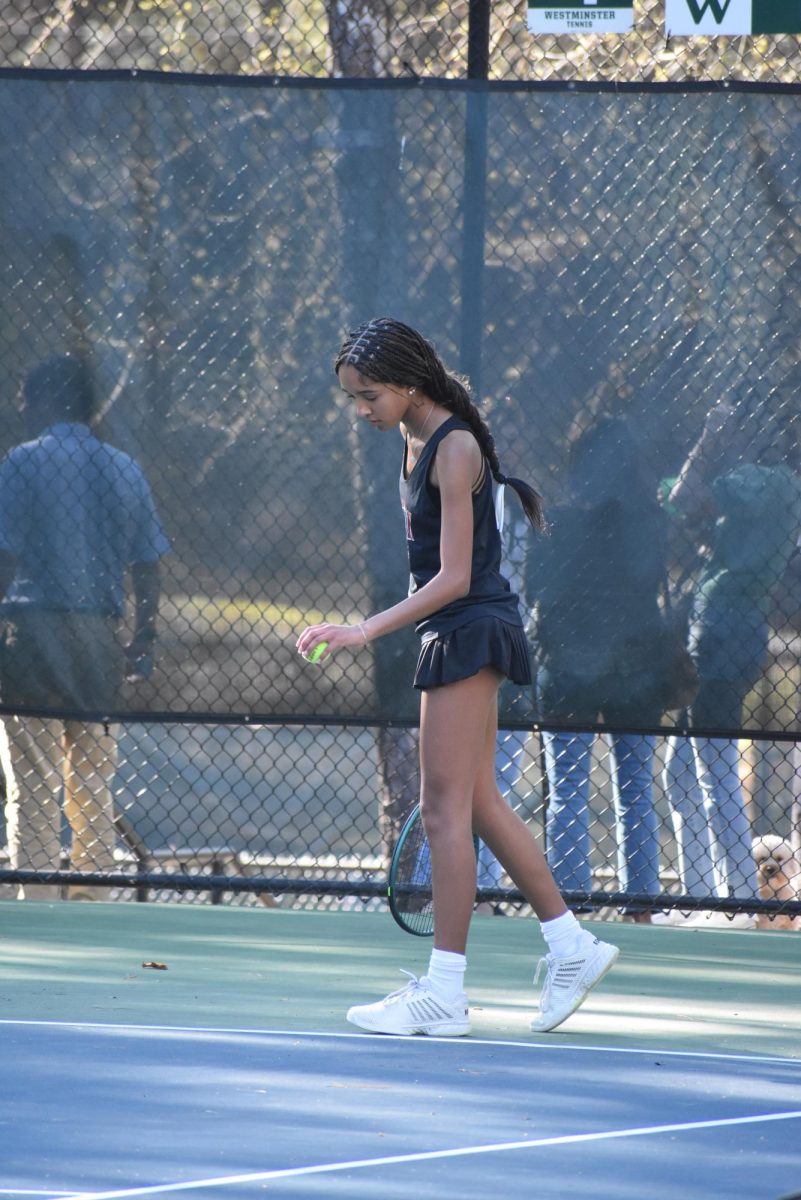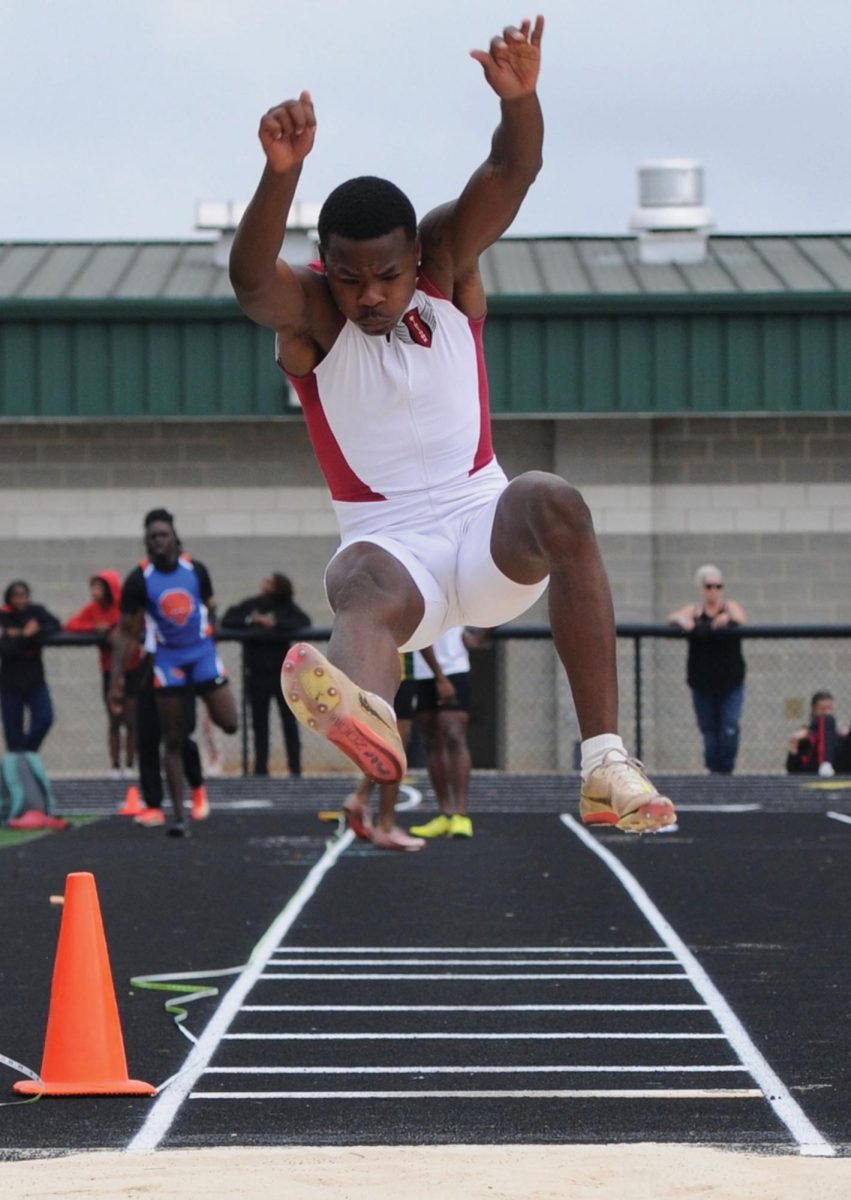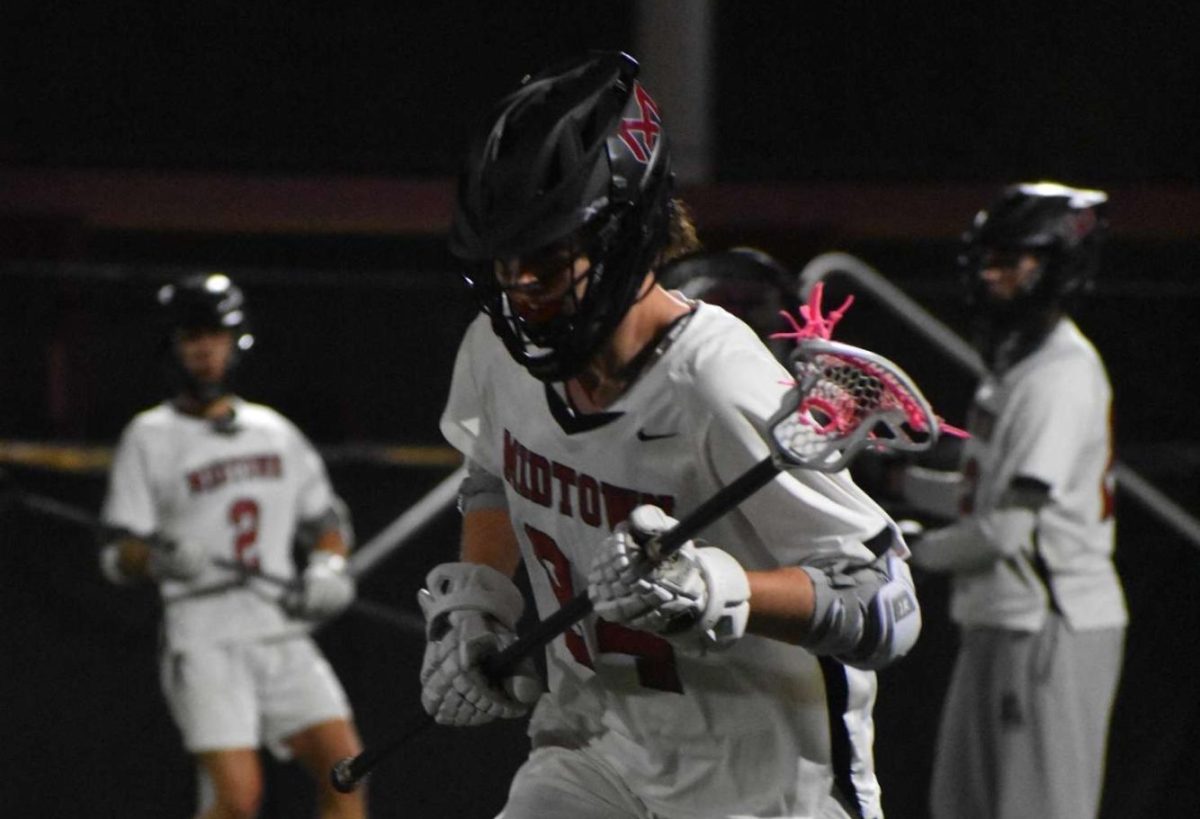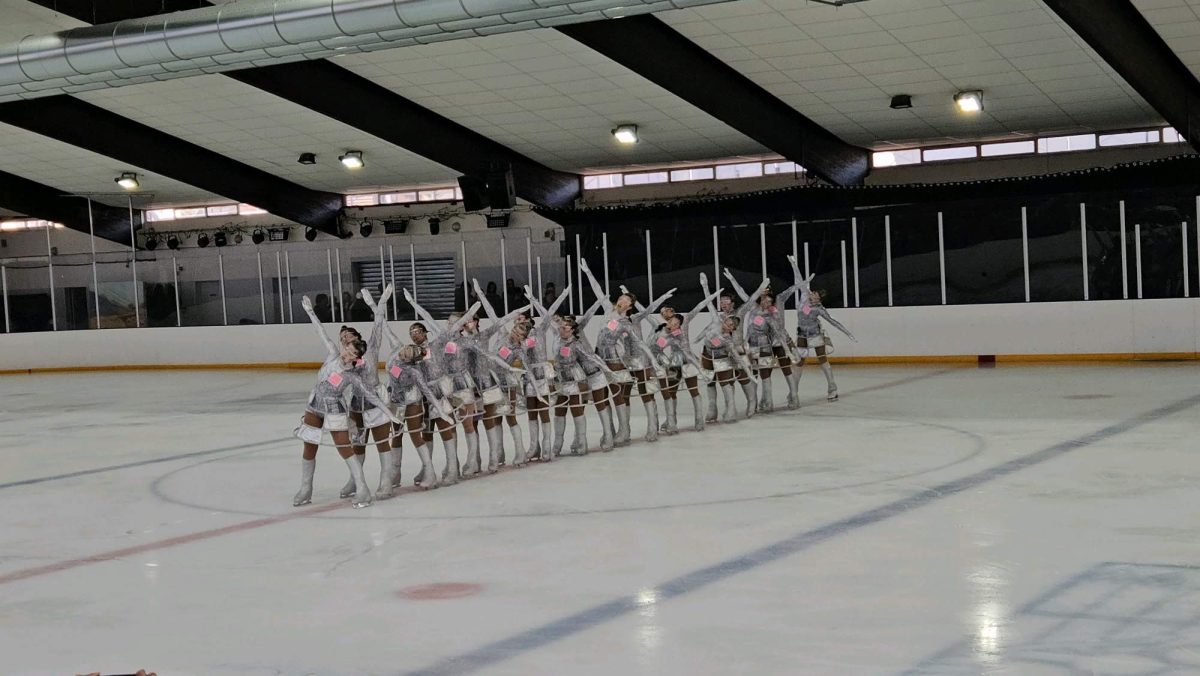
The playoff format for the smallest schools in the Georgia High School Association has changed.
GHSA divides schools up by classes, and the smaller the student body of the school, the lower the class. Class A contains the smallest schools, and Class 6A contains the largest schools. Grady is a Class 3A school. Starting next year, public and private Class A schools will have separate playoffs.
By making this change, the GHSA has admitted something I have known for a long time: private schools hold an advantage over public schools in sports. GHSA has finally done something to correct the problem. While the solution may not be perfect, it’s a step in the right direction.
According to The Atlanta-Journal Constitution, in the last five years, private schools have won 58 out of the 80 championships —and 30 of the last 35 spring championships—offered in Class A. In the 2008-09 academic year, private schools won 45 percent of the championships in all classifications while making up less than 10 percent of GHSA’s membership. These numbers scream competitive imbalance. Private schools have a clear advantage over their public counterparts because they can recruit athletes.
How else can you explain how private schools win an amount of championships disproportionate to their membership size in GHSA?
Georgia high schools can’t formally recruit athletes. However, private schools can attract students from all over the state and offer “academic” scholarships and financial aid. Public schools, however, are limited by district boundaries.
By scouring the state and enticing the top athletes with financial aid and scholarship money, these two advantages make it extremely easy for private schools to recruit.
This is not to say all private schools recruit. There are some private schools that do little to no recruiting and offer scholarships and financial aid on a strictly academic basis. Also, some public schools recruit athletes. For a student to attend a public school, however, he or she has to live in its district. This means his or her family has to buy a new house or apartment in zone or create a fake address, all of which is more difficult and costly than attending a private school on financial aid.
I find it hard to believe it’s a coincidence that Eagle’s Landing Christian Academy, a Class A school and a state semifinalist in football this year, has at least five Division I football recruits, according to the AJC. Usually a school the size of ELCA is lucky to have one or two Division I recruits, and we are supposed to believe they don’t recruit? Last year, Grady boys cross country runner Zane Coburn got a text message saying he could attend The Westminster Schools as long as he ran cross country and track for them.
In other Southern states, like North Carolina, Tennessee and Texas, there are already separate private and public school playoffs.
Many athletes at Grady probably wouldn’t support separate playoffs. I know many soccer and football players look forward to playing St. Pius. I, too, would enjoy beating St. Pius. As the playing field becomes more and more uneven, however, something has to be done.
Since the private schools and GHSA seem unwilling to reinstitute the 1.5 multiplier on the enrollment of private schools, which forced many of the private schools to compete against schools with larger student bodies, separate playoffs for private and public schools in each classification seems like the only feasible solution.
After all, the NCAA doesn’t force Division III universities to compete against Division I universities, which have distinct advantages in the forms of athletic scholarships and increased sports revenue.
GHSA began the process of separating private and public schools. Now they need to, as University of Georgia coach Mark Richt would say, “finish the drill” and create separate private and public school playoffs throughout all the classifications.






